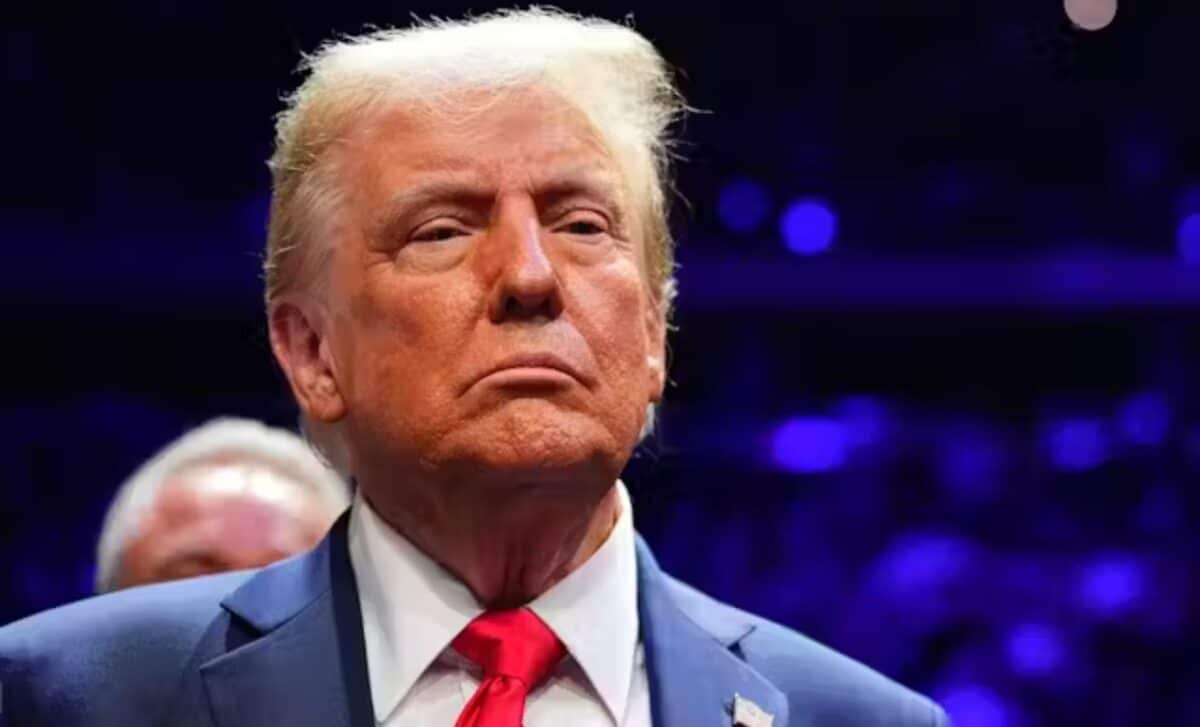The United States is once again at the center of global trade tensions as former President Donald Trump signals a return to aggressive tariff measures. His plan to introduce sweeping reciprocal tariffs has stirred unease among key allies and reignited fears of a broad-based trade war, potentially redrawing the contours of international commerce.
This latest development comes at a time when global markets are showing signs of fragility and political leaders are urging caution. With reactions already emerging from Europe, Asia, and North America, the proposed tariffs risk triggering a cycle of retaliation that could disrupt supply chains, affect global growth, and strain diplomatic relations.
Washington’s Trade Stance Escalates Tensions With Key Allies
US President Donald Trump is preparing to introduce a wide set of reciprocal tariffs, a move that has sparked alarm among trading partners and financial markets. The anticipated announcement could be made as early as Tuesday evening, according to statements made on Monday.
Trump has maintained that the action is necessary to address long-standing imbalances in the United States’ trading relationships. The measures could include country-specific tariffs as well as targeted levies on sectors such as pharmaceuticals, automobiles, and semiconductors, according to White House Press Secretary Karoline Leavitt.
Opposition at home and abroad as allies voice concern
Within the US, some Republican senators have expressed concern over the proposed measures, particularly with regard to Canada.
Senator Susan Collins warned the tariffs could disproportionately impact states like Maine, citing the economic relationship with Canada. Senator Thom Tillis echoed these concerns, advocating for a more targeted approach that distinguishes between allies and adversaries.
Abroad, major economies including China, Canada, and the European Union have prepared or implemented retaliatory measures.
The EU’s counter-tariffs are expected to take effect by mid-April, while China and Canada have already introduced their own restrictions on US goods. Meanwhile, a summit between China, South Korea, and Japan concluded on Sunday with a pledge to strengthen trilateral free trade ties.
Economic risks grow as recession signals intensify
The potential economic fallout from Trump’s tariff strategy has drawn increased scrutiny from analysts and institutions.
According to Goldman Sachs, the probability of a US recession within the next 12 months has risen to 35%, up from 20%. The bank attributed the shift to declining business confidence and signs that the administration is prepared to tolerate short-term economic disruption.
Markets have responded with volatility. While European and Asian indices closed lower following Trump’s statements, the Dow Jones and S&P 500 posted modest gains. Still, according to Oxford Economics analyst Ryan Sweet, markets should “expect the unexpected” as further tariffs could be imposed on a broad range of sectors.
Meanwhile, the International Monetary Fund’s Managing Director, Kristalina Georgieva, acknowledged growing anxiety over the potential consequences but suggested the overall global impact may remain contained in the short term.
In Europe, leaders have begun calling for economic self-reliance. Christine Lagarde, President of the European Central Bank, stated on Monday that Europe faces an “existential moment” and should reduce dependency on US economic policy.









